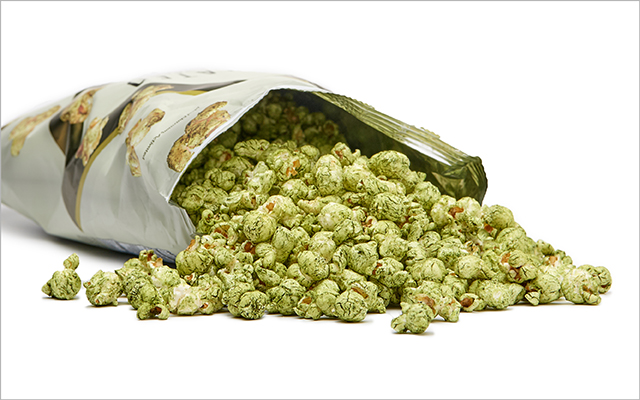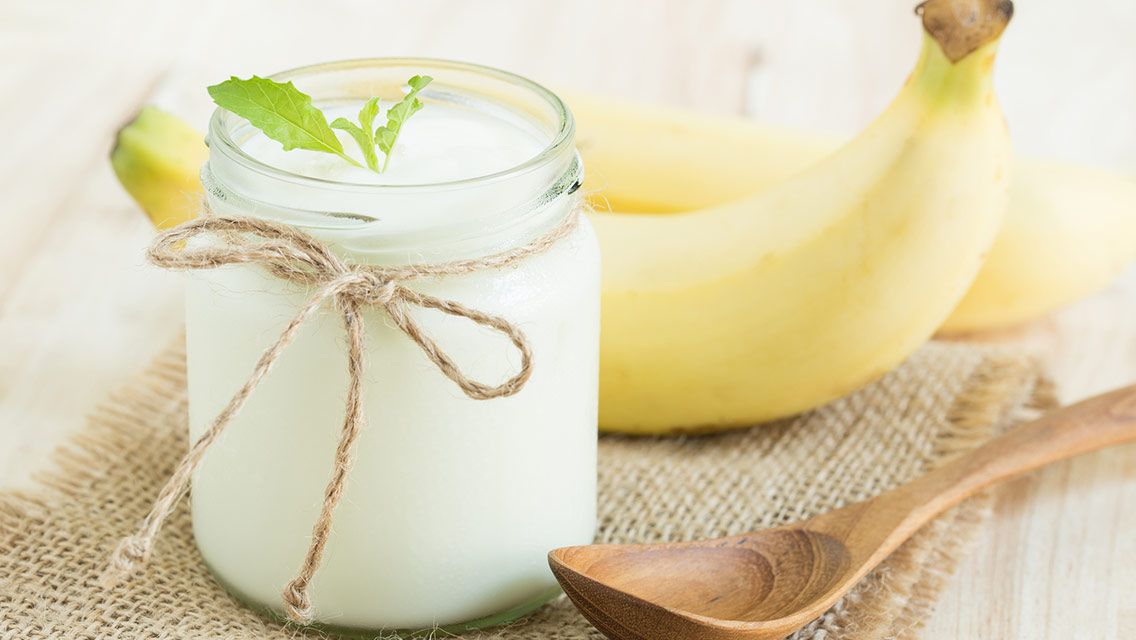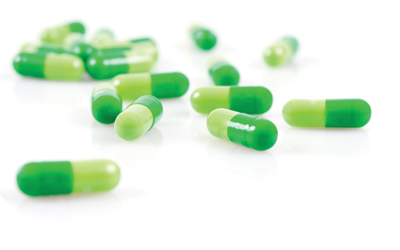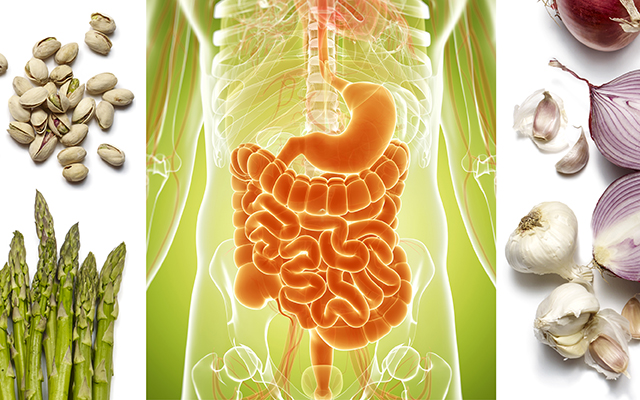As evidence continues to link a healthy gut to overall well-being, many consumers are including probiotic supplements and foods in their dietary regimens. But some of these products contain organisms designed to nurture plants, not humans.
A number of manufacturers are now adding soil-based organisms (SBOs) — a type of spore-forming bacteria — to their probiotics because of SBOs’ superior ability to resist the neutralizing effects of exposure to heat, light, moisture, and oxygen during processing or while sitting on store shelves. Food makers are also adding SBOs to popcorn, granola, and other shelf-stable foods.
SBOs are probiotic strains, but they’re different from the bacteria found in the human digestive tract. These organisms enrich soil for plants — but they can compete with the beneficial bacteria that reside in the human gut.
SBOs’ protective spores allow them to withstand both the manufacturing process and the subsequent trip through the stomach to the gut; the spores can then activate in the intestines.
“Spore formers are often used because they will survive the exposure to air, the rigors of the lyophilization [freeze-drying] process, and the transit through the hostile acidic environment of the stomach,” says Michael Schmidt, PhD, professor of microbiology and immunology at the Medical University of South Carolina.
Though some SBOs may benefit humans (before the rise of processed food, we consumed them regularly), others can be pathogenic, explains nutritionist Monica Reinagel, LDN. How they behave depends on the state of your gut-bacteria profile.
If SBOs don’t agree with your microbiome and get a foothold during a period of dysbiosis — a bacterial imbalance in your gut — they can be difficult to flush from your system, warns Schmidt. Many are resistant to antibiotics.
Research on the safety of ingesting spore-forming SBOs is still limited. People with dysbiosis or a compromised gut are particularly at risk from pathogenic species of bacteria and might want to play it safe by sticking with the naturally occurring probiotics found in traditional fermented foods, Schmidt says.
Until more is known about the long-term consequences of consuming SBOs, choose probiotic supplements and foods that contain resident human probiotic strains, such as Bifidobacterium longum, Bifidobacterium lactis, Lactobacillus brevis, Lactobacillus plantarum, and Lactobacillus acidophilus.
This originally appeared as “Probiotics in Popcorn?” in the May 2018 print issue of Experience Life.





This Post Has 0 Comments